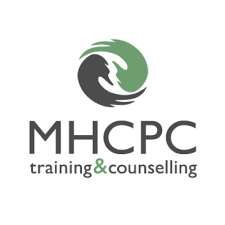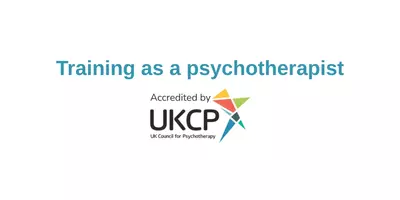
21 Jul 2025 ● Manor House Centre for Psychotherapy & Counselling (MHCPC)
What is Psychodynamic Counselling?

What is Counselling?
Counselling is a type of talking therapy that allows a person to talk about their problems and feelings in a confidential and dependable environment.
Counselling offers a safe place to talk about anything that may be confusing, painful or uncomfortable. It allows a client to talk with someone who is trained to listen attentively and to help them to improve their life.
A counsellor will offer support and respect of others views. They will not usually give advice, but will help clients to find their own insights and understanding of their problems.
Counselling can often involve talking about difficult or painful feelings and, as someone begins to face them, they may feel worse in some ways. However, with the help and support of a trained therapist, they should gradually start to feel better.
In most cases, it takes a number of sessions before the counselling starts to make a difference, and a regular commitment is required to make the best use of the therapy.
Why would someone seek counselling?
Counselling aims to help someone deal with and overcome issues that are causing pain or making them feel uncomfortable.
Counselling can help to:
- cope with a bereavement or relationship breakdown
- cope with redundancy or work-related stress
- explore issues such as sexual identity
- deal with issues that are preventing someone from achieving their ambitions
- deal with feelings of depression or sadness, and have a more positive outlook on life
- understand the self and personal problems better
- feel more confident
- develop a better understanding of other people’s points of view
- help with problems that might be more difficult to define like a difficulty in maintaining friendships/relationships or having a sense of unfulfillment.
What is Psychodynamic Counselling?
Psychodynamic counselling can be used to address a wide range of issues. A psychodynamic counsellor will help someone explore thoughts, feelings and beliefs, which may involve discussing past events, such as those from childhood. They will help clients consider how their personality and life experiences influence current thoughts, feelings, relationships and behaviour. This understanding should enable them to deal with difficult situations more effectively.
The aim of psychodynamic counselling is to bring the unconscious mind into consciousness – helping individuals to unravel, experience and understand their true, deep-rooted feelings in order to resolve them.
It takes the view that our unconscious holds onto painful feelings and memories, which are too difficult for the conscious mind to process. In order to ensure these memories and experiences do not surface, many people will develop defences, such as denial for example. According to psychodynamic counselling, these defences will often do more harm than good.
Depending on what issues you may be facing, psychodynamic counselling can be short or long term. Sessions take place on a one-to-one basis, for a minimum of once a week.
How to train as a counsellor with MHCPC
Certificate in Counselling Skills
- The Certificate in Counselling Skills runs for one evening a week for 2 x 12 week terms. This part-time course runs from January – July each year.
- Applications for January 2026 will be accepted September 2025.
- It aims to provide those who wish to develop counselling skills in work-based and other settings with the skills and knowledge, which will enhance and support their work. It also provides the grounding for further training to become a professional counsellor.
- The course leads to a Certificate in Counselling Skills award, which subject to acceptance provides access to the accredited Diploma in Psychodynamic Counselling and Therapy.
All courses are delivered face-to-face on-site.
More info >
Diploma in Psychodynamic Counselling & Therapy
- The Diploma in Psychodynamic Counselling and Therapy in the Community is of interest to those who wish to practice as a counsellor. Graduates of the Diploma Course will be equipped with the clinical experience and theoretical knowledge to work in agencies in the private, public and voluntary sector and in private practice.
- Diploma applications for 2025/26 are now being accepted.
- Final interviews: Monday 8th September 2025 – 6:30pm.
All courses are being taught in person.
More info >
New – Diploma in Psychodynamic Psychotherapy (DPP)
- Wednesdays – 9am-5pm, September 2025 – December 2026
- n support of Diploma Course Graduates who wish to build on their Psychodynamic Counselling qualification, the MHCPC is offering a four term intensive training which leads to the award of a Diploma in Psychodynamic Psychotherapy. Successful completion of this advanced Course will enable participants to be listed as a Psychodynamic Psychotherapist on the BPC register.
- The Course may be undertaken immediately following successful completion of a Diploma in Psychodynamic Counselling.
- This intensive course of study at an advanced level is comprised of a minimum of 3 academic terms, plus a minimum 30 infant observation hours over a minimum 4 terms. Trainees may be offered a 4th term in group supervision in order to reach the required level of readiness for the award of the Diploma in Psychodynamic Psychotherapy.
More info >
Original content source: https://www.manorhousecentre.org.uk/counselling-service/what-is-psychodynamic-counselling/


